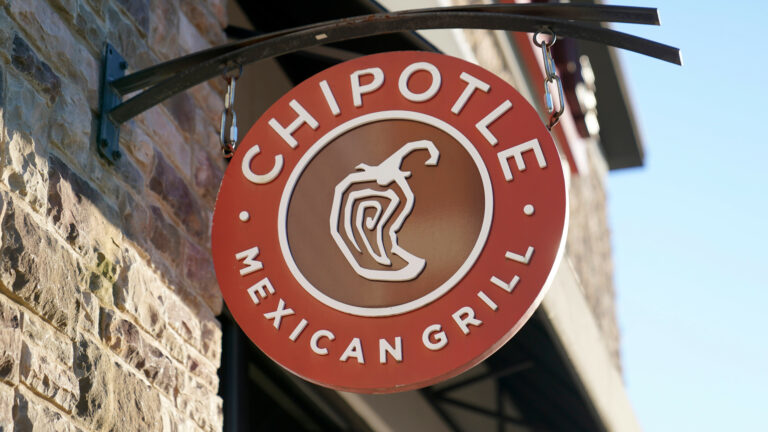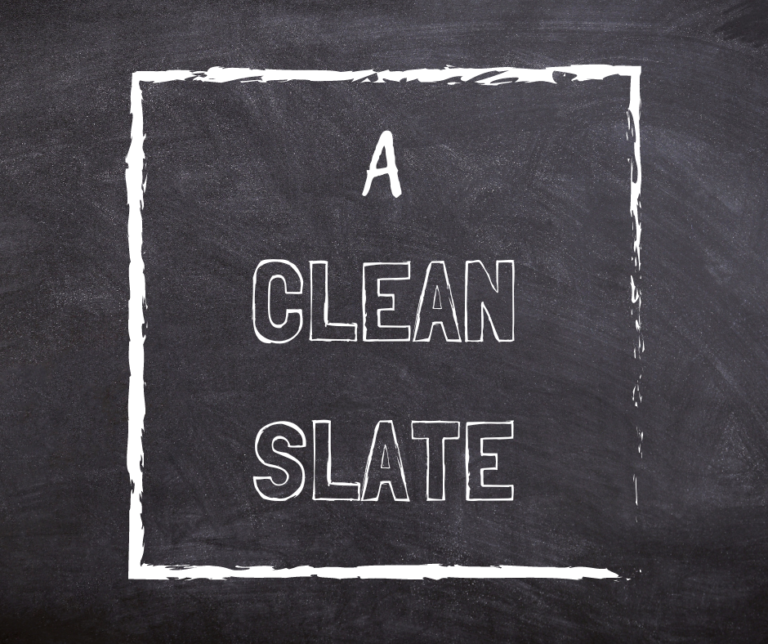by Beth Avery
Nationwide, 35 states and over 150 cities and counties have adopted what is widely known as “ban the box” so that employers consider a job candidate’s qualifications first—without the stigma of a conviction or arrest record. Borne out of the work of All of Us or None, these initiatives provide applicants a fair chance at employment by removing the conviction history question from job applications and delaying background checks until later in the hiring process.
Momentum for these policies has grown exponentially, particularly in recent years.
At the national level, President Obama endorsed ban-the-box by directing federal agencies to delay inquiries into job applicants’ records until later in the hiring process.
- 35 states, the District of Columbia, and over 150 cities and counties have adopted a ban-the-box or fair-chance policy.
Representing nearly every region of the country, a total of 35 states have adopted statewide laws or policies—Arizona (2017), California (2017, 2013, 2010), Colorado (2012), Connecticut (2016, 2010), Delaware (2014), Georgia (2015), Hawaii (1998), Illinois (2014, 2013), Indiana (2017), Kansas (2018), Kentucky (2017), Louisiana (2016), Maine (2019), Maryland (2013), Massachusetts (2010), Michigan (2018), Minnesota (2013, 2009), Missouri (2016), Nebraska (2014), Nevada (2017), New Jersey (2014), New Mexico (2010, 2019), New York (2015), North Dakota (2019), Ohio (2015), Oklahoma (2016), Oregon (2015), Pennsylvania (2017), Rhode Island (2013), Tennessee (2016), Utah (2017), Vermont (2016, 2015), Virginia (2015), Washington (2018), and Wisconsin (2016).
Twelve states—California, Connecticut, Hawaii, Illinois, Massachusetts, Minnesota, New Jersey, New Mexico, Oregon, Rhode Island, Vermont, and Washington—have also mandated the removal of conviction history questions from job applications for private employers, a crucial step toward ensuring that people with records have a fair chance at employment in the majority of jobs.
- 12 states and 18 cities and counties extend their fair-chance laws to private employment.
In addition to these twelve states with private-sector laws, the District of Columbia and 31 cities and counties now extend their fair-chance hiring policies to government contractors. Eighteen of those localities—Austin, Baltimore, Buffalo, Chicago, Columbia (MO), the District of Columbia, Kansas City (MO), Los Angeles, Montgomery County (MD), New York City, Philadelphia, Portland (OR), Prince George’s County (MD), Rochester, San Francisco, Seattle, and Spokane (WA), and Westchester County (NY)—extend their local fair-chance hiring laws to private employers within their jurisdictions.
More jurisdictions are also adopting policies that do more than “ban the box”; many incorporate the best practices set forth in the 2012 U.S. Equal Employment Opportunity Commission (EEOC) guidance on the use of arrest and conviction records in employment decisions, and others adopt innovative strategies such as targeted hiring. Robust fair-chance hiring laws delay records-related inquiries until after a conditional offer of employment and ensure a fairer decision-making process by requiring employers to consider the job-relatedness of a conviction, time passed, and mitigating circumstances or rehabilitation evidence.
- Three-fourths of the U.S. population lives in a jurisdiction that has banned the box.
Tallying up the population of the states and localities that have adopted a fair-chance law or policy, now over 258 million people in the United States—over three-fourths of the U.S. population—live in a jurisdiction with some form of ban-the-box or fair-chance policy.
Fair-chance policies benefit everyone, not just people with records, because they’re good for families, local communities, and the overall economy. At an event in Oakland for employers to discuss reentry issues, one business owner spoke to the personal benefit of hiring people with records. “I’ve seen how a job makes all the difference,” says Derreck B. Johnson, founder and president of Home of Chicken and Waffles in Oakland. “When I give someone a chance, and he becomes my best employee, I know that I’m doing right by my community.”
For more information: https://nelp.org/publication/ban-the-box-fair-chance-hiring-state-and-local-guide/




